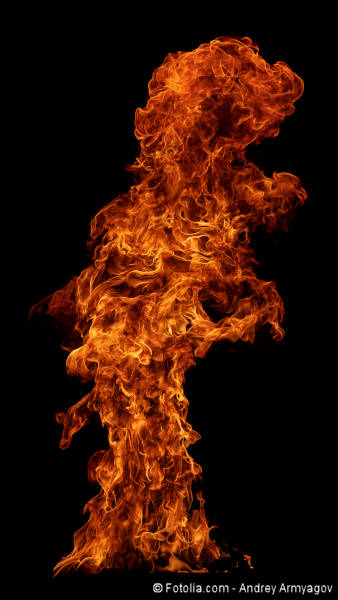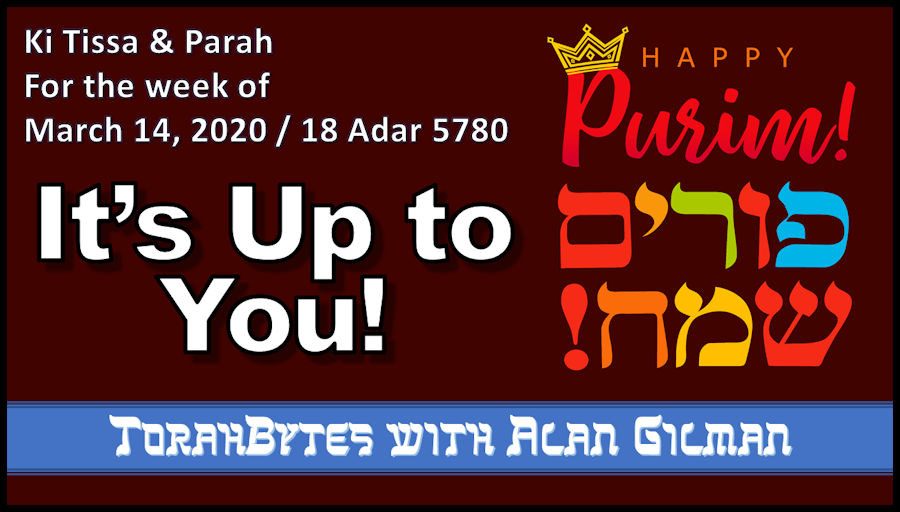For the week of April 4, 2020 / 10 Nisan 5780
Zav

Torah: Vayikra/Leviticus 6:1-8:36 (English 6:8 – 8:36)
Haftarah Malachi 3:4-24 (English: 3:4 – 4:6)
Download Audio [Right click link to download]
And he will turn the hearts of fathers to their children and the hearts of children to their fathers, lest I come and strike the land with a decree of utter destruction. (Malachi 3:24 [English 4:6])
We are in sobering times. Most of us alive today have never seen a global pandemic nor have had to endure such drastic measures. Time will tell whether or not the restrictions imposed upon us are justified. But for now, the lives of millions, if not billions, have been disrupted due to the COVID-19 virus.
We don’t know what the world will be like when this is over. We don’t know who will live and who will die. We don’t know what businesses will survive or not. Entire industries may vanish. Nations may collapse or at least hitherto stable governments may fail. People’s value systems will be transformed. Yesterday’s causes may seem insignificant compared to the new challenges the world will face. Are we prepared? Are we prepared to face death? Are we prepared to face life?
Please understand, I hope the current crisis blows over quickly. It doesn’t look like it will. But if it does, let’s not pretend that we won’t face something even worse. If we don’t treat the current crisis as the “Big One,” then, certainly, we won’t be ready for it when it does come.
The prophet Malachi tells us what we need to withstand global disaster. Based on this, I regret to say that we have every reason to be concerned. The necessary condition to avoid God’s judgement is the integration and effective functioning of the family unit, especially as it relates to dad and the kids. Many of us from the baby boomer generation (people born between 1944 and 1964) and older remember the emergence of the generation gap as a result of the youth revolution of the 1960s and early 70s. These were the days of compelling slogans, such as “give peace a chance” and “make love, not war.” But what about “don’t trust anyone over thirty”? The youth of that day had become so cynical towards anyone deemed to be part of the establishment, that they whole-heartedly believed that they knew better than almost anyone older than they. This was a complete reversal of global history until that time, when it had been assumed that elders were not only wiser than young people but were trusted to lead society, due to their experience garnered through age.
Before I continue, let me be clear that I am making no direct connection between the generation gap and COVID-19. What I am saying is that the fragmentation of society due to the disintegration of the family makes the current crisis (which is the virus itself and society’s response to it) that much more disastrous. The pressures of coping with COVID-19 personally and relationally are driving us individually and societally to a tipping point. The family with dad as the point man was designed by God to be the basic building block of society. With the widespread dismantling of the Bible’s version of family, we have lost our God-given safety net that would have caught us when other aspects of our lives crumbled. Instead, the prevailing loneliness of most people, in spite of our continuous distractions, will expose the faulty foundations many of our lives have been built upon.
Thankfully, while we are still alive, it isn’t hopeless, especially if we take God’s words through Malachi seriously. It may be too late for you to reconcile with your dad or your children; something that may have been possible as recently as a few days ago. It struck me so hard the other day to realize that there are all sorts of people who I may have seen for the very last time. We should be grateful we have the technology to reach out to almost everyone wherever they live on the globe. Would you consider doing whatever you can to heal broken relationships especially with close family members? The best way to start is by forgiving them from your heart. That doesn’t excuse what they may or may not have done. It releases you from resentment’s control, so that you can initiate reconciliation. No matter their response or lack thereof, your heart will then be free to be turned towards them, thus inviting God’s blessing into your family circle. You will be surprised how much good that will bring to so many and the difference it will make right now and in the future.
Scriptures taken from the English Standard Version



